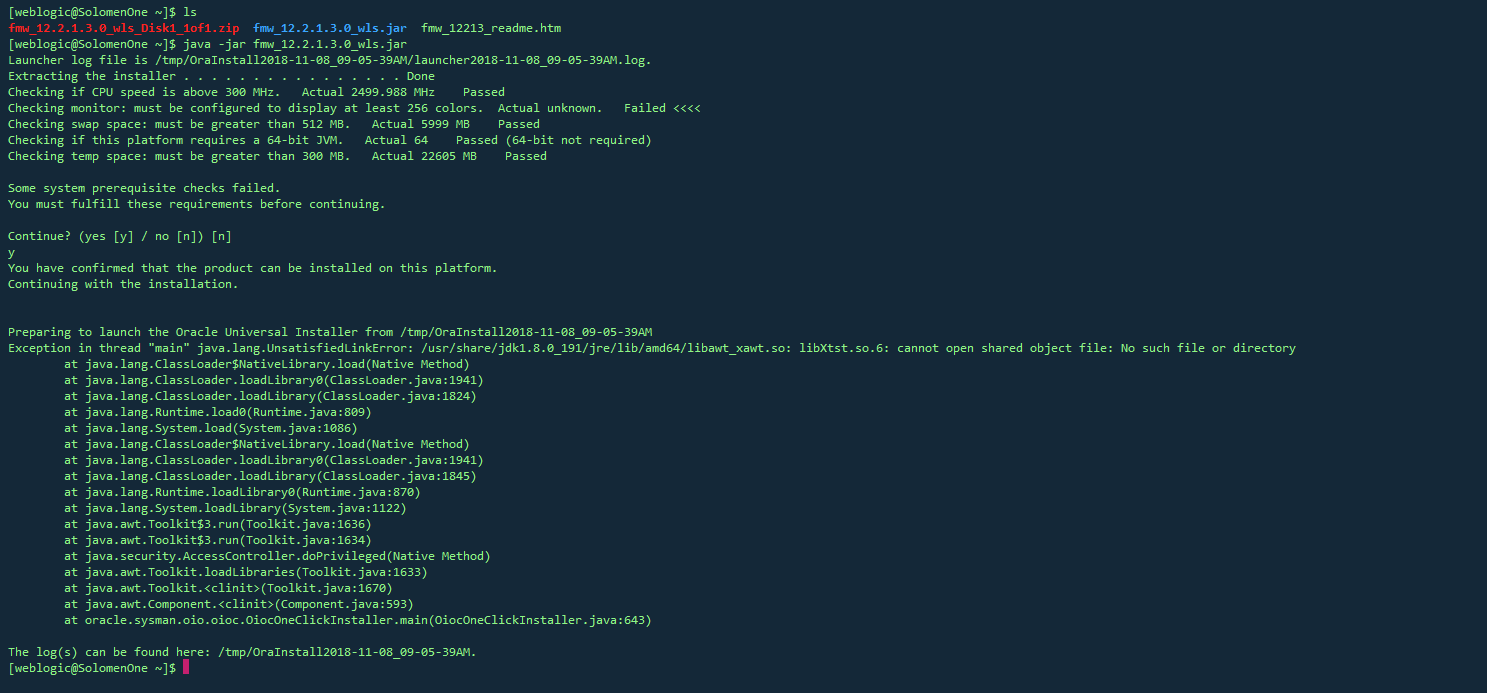I\'m trying to parse a webpage using Java with URLConnection. I try to set up the user-agent like this:
java.net.URLConnection c = url.openConnection();
c.setRequestProperty(\"User-Agent\", \"Mozilla/5.0 (Macintosh; U; Intel Mac OS X 10.4; en-US; rv:1.9.2.2) Gecko/20100316 Firefox/3.6.2\");
But the resulting user agent is the one I specify, with \"Java/1.5.0_19\" appended to the end. Is there a way to truly set the user agent without this addition?
Off hand, setting the http.agent system property to \"\" might do the trick (I don\'t have the code in front of me).
You might get away with:
System.setProperty(\"http.agent\", \"\");
but that might require a race between you and initialisation of the URL protocol handler, if it caches the value at startup (actually, I don\'t think it does).
The property can also be set through JNLP files (available to applets from 6u10) and on the command line:
-Dhttp.agent=
Or for wrapper commands:
-J-Dhttp.agent=
Just for clarification: setRequestProperty works just fine! At least with Java 1.6.30.
I listened on my machine with netcat(a port listener):
$ nc -l -p 8080
It simply listens on the port, so you see anything which gets requested, like raw http-headers.
And got the following http-headers without setRequestProperty:
GET /foobar HTTP/1.1
User-Agent: Java/1.6.0_30
Host: localhost:8080
Accept: text/html, image/gif, image/jpeg, *; q=.2, */*; q=.2
Connection: keep-alive
And WITH setRequestProperty:
GET /foobar HTTP/1.1
User-Agent: Mozilla/5.0 (Macintosh; U; Intel Mac OS X 10.4; en-US; rv:1.9.2.2) Gecko/20100316 Firefox/3.6.2
Host: localhost:8080
Accept: text/html, image/gif, image/jpeg, *; q=.2, */*; q=.2
Connection: keep-alive
As you can see the user agent was properly set.
Full example:
import java.io.IOException;
import java.net.URL;
import java.net.URLConnection;
public class TestUrlOpener {
public static void main(String[] args) throws IOException {
URL url = new URL(\"http://localhost:8080/foobar\");
URLConnection hc = url.openConnection();
hc.setRequestProperty(\"User-Agent\", \"Mozilla/5.0 (Macintosh; U; Intel Mac OS X 10.4; en-US; rv:1.9.2.2) Gecko/20100316 Firefox/3.6.2\");
System.out.println(hc.getContentType());
}
}
Slightly changed Tom Hawtins answer to:
System.setProperty(\"http.agent\", \"\");
according to http://www.ivoa.net/forum/apps/0903/0610.htm
its work for me
set the User-Agent in the addRequestProperty.
URL url = new URL(<URL>);
HttpURLConnection httpConn = (HttpURLConnection) url.openConnection();
httpConn.addRequestProperty(\"User-Agent\",\"Mozilla/5.0 (Windows NT 6.1; Win64; x64; rv:56.0) Gecko/20100101 Firefox/56.0\");
HTTP Servers tend to reject old browsers and systems.
The page Tech Blog (wh): Most Common User Agents reflects the user-agent property of your current browser in section \"Your user agent is:\", which can be applied to set the request property \"User-Agent\" of a java.net.URLConnection or the system property \"http.agent\".


